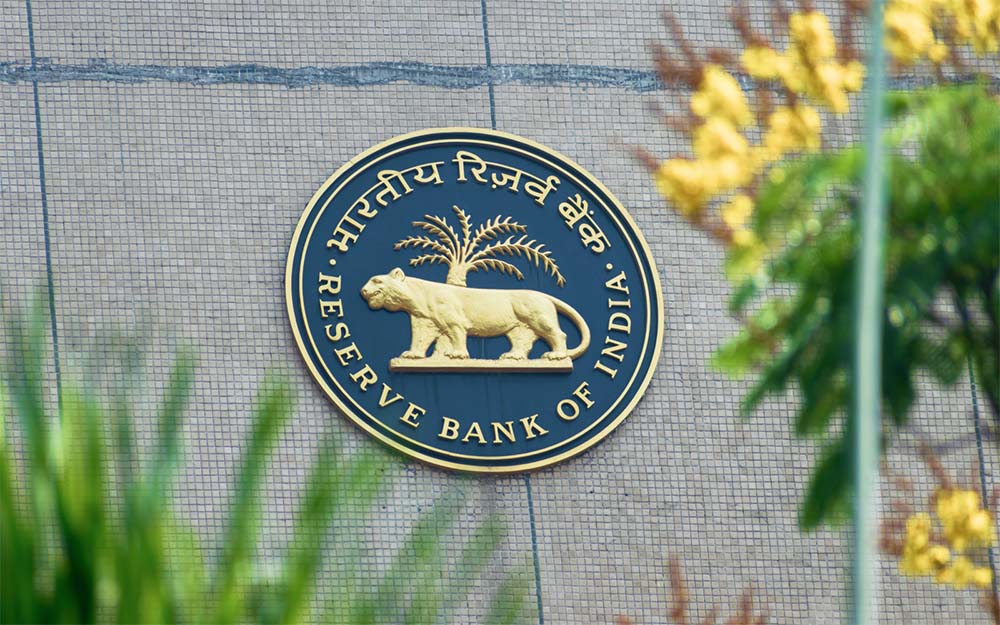NEW DELHI – The Telecom Regulatory Authority of India (TRAI), in collaboration with the Reserve Bank of India (RBI), has launched a joint pilot project to implement a Digital Consent Acquisition (DCA) framework. The system aims to overhaul the way consent is collected and verified, ensuring that consumers explicitly authorise communications from financial institutions and telecom service providers.
The pilot will operate on a closed ecosystem where customers can give, deny, or withdraw consent through secure digital platforms. The initiative involves active participation from leading banks and telecom operators, who have agreed to integrate consent mechanisms within their customer engagement systems.
A New Era of Verified Consent Begins
The DCA framework introduces a unified digital layer for managing user consent with full traceability and revocability. Consumers will be notified before receiving any promotional or service messages and must approve such communications through verified digital channels. The system records the timestamp, purpose, and validity of consent, offering a transparent audit trail that both senders and recipients can access.
The pilot phase will focus on high-volume sectors, notably banking and telecommunications, which are known sources of spam and fraud attempts. Consent will be digitally captured and stored using hashed tokens, ensuring privacy compliance in line with the Digital Personal Data Protection Act, 2023.
Collaborative Push to Restore Consumer Trust
The initiative marks a coordinated push by regulators to restore public trust in digital communications amid rising consumer complaints about spam, phishing, and fraudulent schemes. Both TRAI and RBI have emphasised that no entity will be allowed to send communication without verifiable user consent once the DCA system is fully operational.
Experts see the pilot as a stepping stone toward a nationwide digital trust framework, enabling cross-industry interoperability and citizen-centric data governance. TRAI has confirmed that the pilot will be monitored closely, and feedback from stakeholders will guide further policy formulation.
Full rollout is expected after regulatory evaluation and infrastructure scaling. The pilot also underscores India’s ambition to build a secure and privacy-focused digital ecosystem, especially in sensitive sectors like finance and telecommunications.



